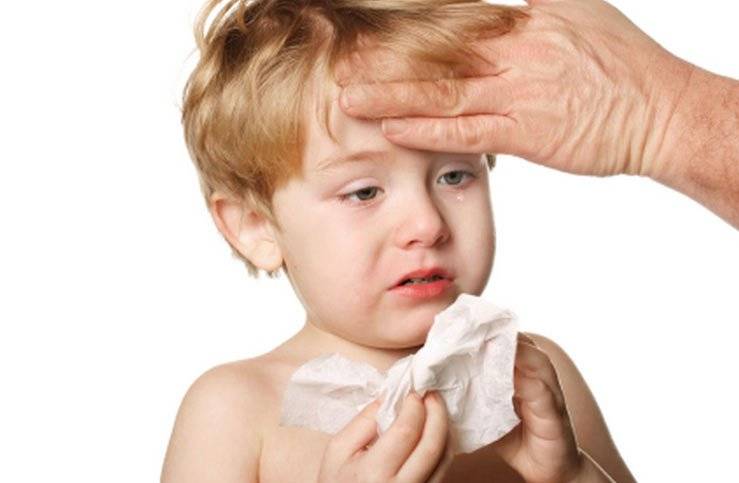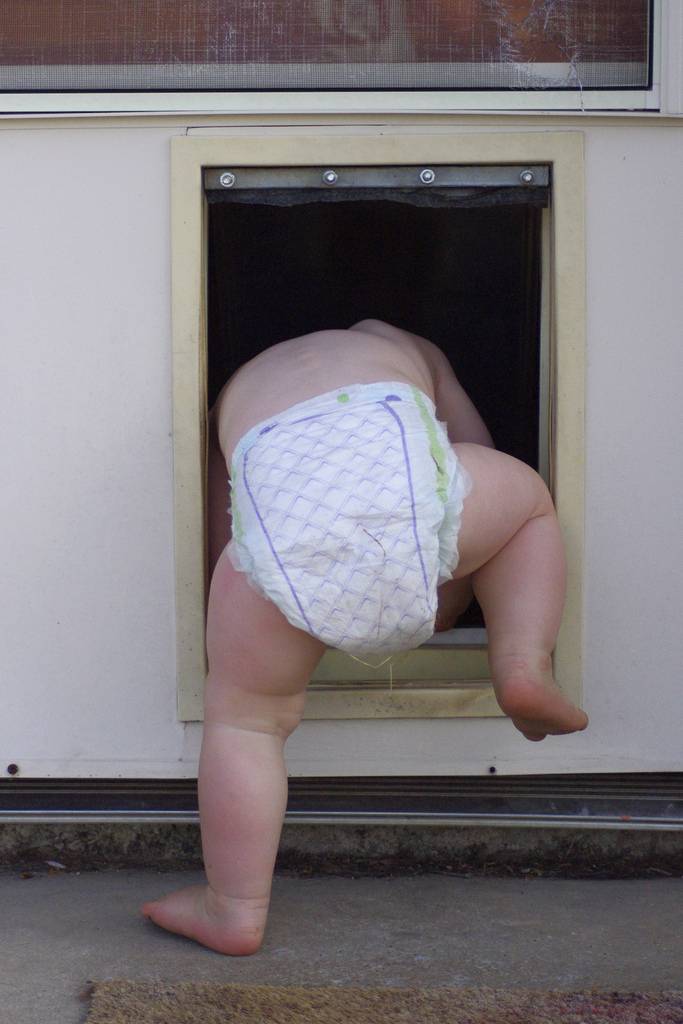Table of Contents
Summer is an exciting time in a child’s life, with many opportunities for exploratory fun and adventure. However, you must not dismiss the fact that this season also poses various health hazards. Catching them off-guard can be dangerous for your little ones.
Here at Omega Pediatrics, we’ve compiled common hazards and offered valuable tips on preventative measures. By embracing these precautions while following guidelines, we ensure our young adventurers have healthy and safe summers without any ailments or injuries!

1. Dehydration
When kids are out in the sun, it’s easy for dehydration to sneak up on them. But we can take steps to make sure everyone stays hydrated and ready to play!
A good thing to start is to let them drink water regularly throughout the day. They won’t realize they’re losing fluids due to sweating, but having access to water will increase their fluid intake, which is necessary for hydration.
Hydrating snacks and juicy fruits, like watermelon or cucumber, can help with their hydration levels while keeping them active and refreshed. Even popsicles work wonders!
You can also get creative with drinking games, introducing sliced lemon or fruity berries into cups of cool water for flavor. These keep things interesting while ensuring your child’s body functions, optimally regulating their temperature, and effectively reducing heat-related illnesses.
2. Sunburn
Long-term skin damage is associated with exposure to the sun’s harmful UV rays. Sunscreen is an effective way of achieving this protection. Ensure your child uses a broad-spectrum sunscreen with high SPF on all exposed areas, whether or not it looks cloudy outside.
Don’t stop there, however; teach your children the importance of reapplying sunscreen every two hours or after getting wet. Wearing loose-fitting, lightweight clothing can also be beneficial; for example, long-sleeved shirts and pants, or even hats and sunglasses, work great.
It’s best to avoid outdoor activities between 10am. and 4pm when the sun’s rays are at their strongest. With these precautions, concerns about premature aging due to excessive exposure and the increased risk of life-threatening diseases like cancer will not cross your mind.
3. Heat Stroke
Heat stroke is a serious health concern for everyone, and it can be life-threatening if overlooked. It happens when the human body fails to regulate temperature effectively, leading to an exceedingly high core temperature, which isn’t healthy.
Never leave your children in parked cars unattended, as the internal temperatures can quickly soar to life-threatening levels. Maintain a comfortable atmosphere indoors with air conditioning or fans. Damp washcloths work well too.
Avoid direct sunlight during outdoor activities, and take many breaks to let your child cool down. By letting your children rest in shaded spots or taking them indoors whenever feasible, you help mitigate heat concerns considerably!
4. Insect Bites Health Hazards
Summer increases the risk of mosquito and tick bites, leading to various diseases. Ensure that you protect your children using kid-friendly insect repellents. Choose products with DEET, picaridin, or lemon eucalyptus oil as active ingredients.
When going into wooded or grassy areas, let them wear long sleeves, pants, and socks. These clothes limit exposure to ticks, making it difficult for them to come into contact with your child’s skin. After playing outdoors, check behind the ears, scalp, and knees, paying close attention to any signs of ticks.
If you do spot one, remove it immediately with fine-tipped tweezers. Ensure that it’s fully removed; otherwise, it makes the situation worse! Clean the bitten area using antiseptics. Closely monitor for symptoms such as fever or rash within days after a tick bite.
Seek medical attention promptly if these symptoms persist! By taking these precautions seriously, you are helping reduce discomfort from bites and preventing insect-borne diseases from affecting your child’s health!
5. Allergies
The summer season can be spectacular, but pollen, grass, and mold spores can wreak havoc on allergies, causing discomfort like sneezing, itching, a runny nose, and watery eyes. To reduce your kid’s exposure to allergens, consider these tips:
- Close the windows during high pollen days.
- Switch on the air conditioning if necessary.
- Home filters or purifiers will eliminate most of the potential allergens.
- Let kids bathe and change into clean clothes after playing outside.
- Instill frequent handwashing and washing of the face to diffuse triggers.
- Dry laundry in the dryer instead of hanging them out to dry since pollen can stick to clothing and linens
- Encourage indoor activities whenever possible
Over-the-counter antihistamines, steroid nasal sprays, and eye drops are the go-to relief. However, if allergies worsen or breathing becomes difficult, seek medical attention immediately.
6. Foodborne Illnesses
Summer is the prime season for outdoor picnics and barbecue events, but foodborne illnesses can put a damper on the fun if proper precautions aren’t taken. Don’t let this happen to you with these tips:
- Refrigerate perishable foods like meats, salads, and dairy products
- Avoid keeping food exposed to direct sunlight or at room temperature for extended periods.
- Ensure that meat is thoroughly cooked before consumption; internal temperatures need to be hot enough.
- Use separate cutting boards and utensils for raw and cooked foods to reduce contamination.
- Wash hands thoroughly before handling food or use an alcohol-based hand sanitizer containing at least 60% alcohol when there are no nearby wash basins available.
- Invest in an insulated cooler equipped with ice packs to maintain proper food temperatures during transport.
7. Playground Accidents
Playgrounds are great places for kids to spend time outside, but they can also be dangerous. Before turning your kid loose at the playground, take steps to ensure that everything is safe.
Check all the equipment; it should be age-appropriate for your child and in good condition. Keep an eye out for anything that might cause injury, like sharp edges or missing bolts. Safety isn’t just about equipment; rough play can also lead to accidents, which could be prevented.
Another critical factor is whether the surface meets its requisite requirements—typically something soft or impact-absorbing like rubber mulch—to safeguard against any potential falls from heights.
Watch over your child from a distance whenever possible, so you’re there if accidents happen! All this effort will minimize the risks associated with playgrounds while promoting your child’s welfare in a friendly outdoor environment!

8. Tick-Borne Diseases
Ticks thrive in wooded and grassy areas and can transmit diseases, including Lyme disease. To ensure your child’s safety, put on long-sleeved shirts, pants, and closed-toe shoes while enjoying the outdoors. For added protection, tuck their pants into socks or boots to safeguard against these pests crawling up their legs.
Apply a kid-specific insect repellent to any exposed skin before heading out. After any outdoor activity, examine your little munchkin’s body for ticks, focusing on specific hot spots like the scalp, neck, armpits, and genital area.
If you find a tick attached, remove it immediately using fine-tipped tweezers. Clean the bitten area with soap and water regularly, and monitor for symptoms like rashes that need attention from healthcare practitioners promptly.
9. Jellyfish Stings
Jellyfish often lurk in the ocean waters, and stings from these creatures can cause significant discomfort. If your child encounters a jellyfish while swimming and receives a sting, respond promptly to avoid further complications.
First things first, instruct your child to move away from the jellyfish because getting stung again can be excruciatingly painful. Don’t touch the affected area with bare hands or rub it with towels, as this releases more venom from its tentacles.
Instead, gently rinse the affected body part with seawater to help remove any remaining tentacles still attached without activating unfired nematocysts that could worsen the effect. Avoid freshwater rinses or vinegar; instead, tweezers or hard plastic edges can help retrieve any remaining tentacle bits.
Treating stings means alleviating pain and reducing swelling. Baking soda-water mixtures or mild hydrocortisone creams give immediate relief. If there are severe symptoms like difficulty breathing accompanied by allergic reactions, seek immediate medical attention.
10. Sports Injuries
Summer is the perfect time for children to participate in sports activities, which allows them to stay active and have fun. Your child must wear protective gear suitable for the sport they choose, such as helmets, knee pads, or shin guards that fit correctly and are in good condition.
Teach your child about stretching exercises before any physical activity to prepare their muscles and joints. Teach them proper techniques related to their game to avoid unnecessary collisions. And keep an eye on the training level to prevent overexertion. Encourage rest as well.
With these actions, you promote safe practices, like providing proper equipment along with attentive care and ensuring kids’ participation in sports safely, by avoiding minor injuries turning into larger issues.
Let Your Kids Enjoy A Sick-Free Summer
As summer sets in, prioritize your child’s health and safety. Keep yourself informed of summer health hazards for kids and be proactive to give your kids a fun-filled summer without injuries or illnesses.
Focus on prevention strategies, as they prove far better than remedial treatments if illnesses are involved.
If you have any concerns related to your child’s health during this season, don’t hesitate to seek medical help. Omega Pediatrics offers excellent pediatric care services that you can trust. Book an appointment today!
How can I prevent dehydration in my child during summer?
To prevent dehydration, encourage your child to drink water regularly throughout the day, offer hydrating snacks like watermelon, and utilize creative methods like flavored water or popsicles to increase fluid intake.
What are some tips for preventing sunburn in children?
Prevent sunburn by applying broad-spectrum sunscreen with high SPF, reapplying every two hours or after getting wet, wearing protective clothing like hats and sunglasses, and avoiding outdoor activities during peak sun hours.
How can I prevent heat stroke in my child during summer?
Prevent heat stroke by never leaving children in parked cars, maintaining a comfortable indoor environment with air conditioning or fans, avoiding direct sunlight during outdoor activities, and ensuring children take frequent breaks to cool down.
What measures can I take to prevent insect bites and related health hazards in my child?
Prevent insect bites by using kid-friendly insect repellents, wearing long sleeves and pants in wooded or grassy areas, checking for ticks after outdoor activities, and seeking medical attention if symptoms persist.
How can I reduce my child’s exposure to allergies during summer?
Reduce exposure to allergens by closing windows during high pollen days, using air conditioning with filters, encouraging indoor activities, and using over-the-counter relief options like antihistamines or nasal sprays.


